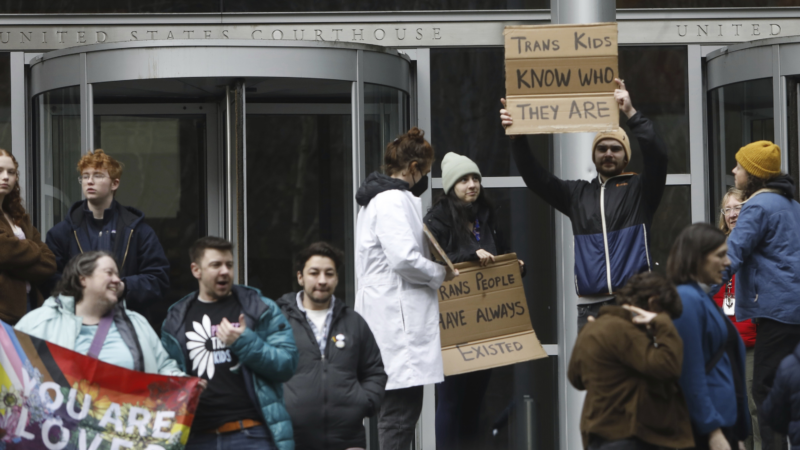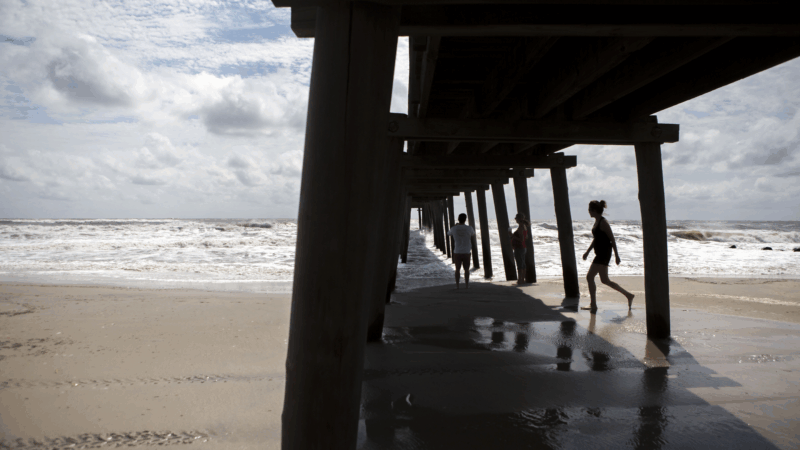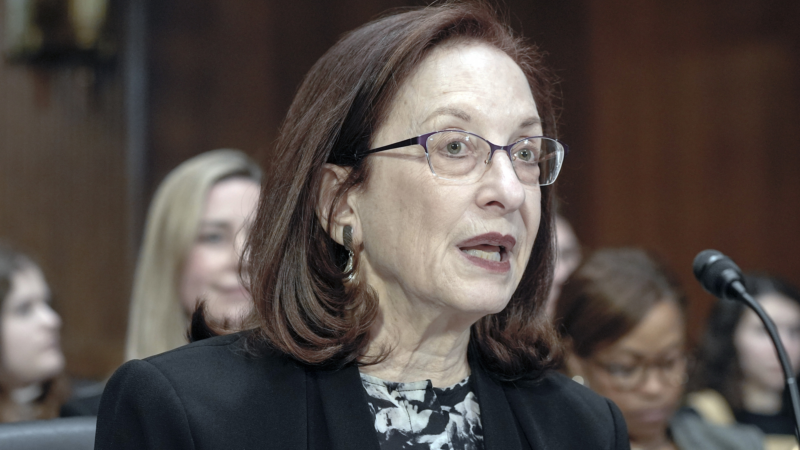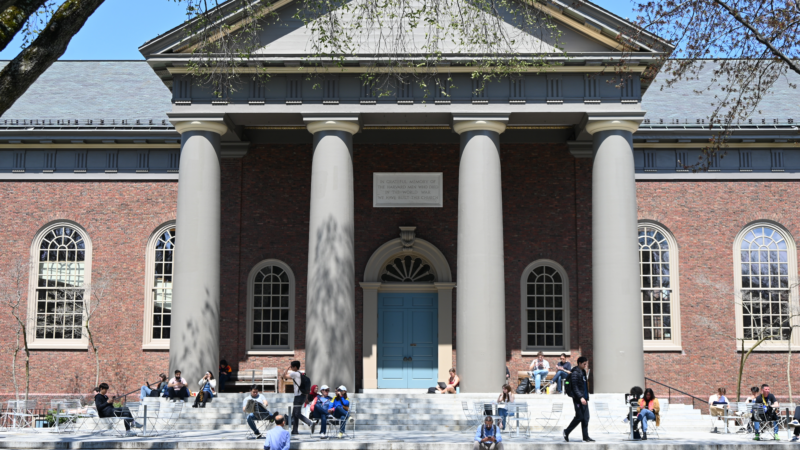A 2nd U.S. judge pauses Trump’s order against gender-affirming care for trans youth
SEATTLE — A second federal judge on Friday paused President Donald Trump’s executive order halting federal support for gender-affirming care for transgender youth under 19.
U.S. District Court Judge Lauren King granted a temporary restraining order after the Democratic attorneys general of Washington state, Oregon and Minnesota sued the Trump administration last week. Three doctors joined as plaintiffs in the suit, which was filed in the Western District of Washington.
The decision came one day after a federal judge in Baltimore temporarily blocked the executive order in response to a separate lawsuit filed on behalf of families with transgender or nonbinary children. Judge Brendan Hurson’s temporary restraining order will last 14 days but could be extended, and essentially puts Trump’s directive on hold while the case proceeds. Hurston and King were both appointed by former President Joe Biden.
Trump signed an executive order last month halting federal funding for institutions that provide the care and directing federally run insurance programs, including Medicaid and TRICARE for military families, to exclude coverage for it. The order also calls on the Department of Justice to pursue litigation and legislation to oppose it.
Medicaid programs in some states cover gender-affirming care. Trump’s order suggests that the practice could end, and targets hospitals and universities that receive federal money and provide the care.
In the complaint filed in Seattle, the three Democratic attorneys general argue that the executive order violates equal rights protections, the separation of powers and states’ powers to regulate what is not specifically delegated to the federal government.
The Trump administration disputed those claims in court filings. “The President’s authority to direct subordinate agencies to implement his agenda, subject to those agencies’ own statutory authorities, is well established,” Justice Department attorneys wrote.
A large crowd of people went to the federal courthouse to watch Friday’s hearing. Outside, some carried signs with phrases including “Protect Trans Kids” or Pride flags with the words, “You are loved.”
“We had over 100 declarants submit their personal stories about the impact of this illegal and unconstitutional and hateful order, and their bravery allowed for justice to be done today,” Washington Attorney General Nick Brown said after the ruling.
The temporary restraining order is just the first step in a long fight, Brown said, adding that he hopes the order reassures health care providers in the state that they can continue to provide gender-affirming care to their patients.
“The word I would use is relief, right?” third-year medical student Natalie Koconis said when asked for a response to the judge’s ruling. One of a group of medical students and doctors in white coats who held signs outside the courthouse, Koconis said Trump’s executive order “is something that has already had material impacts on our ability” to treat transgender youth. “All we want is just everybody to get the care that they need and deserve.”
In addition to the orders on health care access and defining the sexes as unchangeable, Trump has also signed orders that open the door to banning transgender people from military service; set up new rules about how schools can teach about gender; and intend to ban transgender athletes from participating in girls and women’s sports.
Legal challenges have already been filed on the military order, the plan to move transgender women in federal prisons to men’s facilities and the recognition only of people’s sex as assigned at birth, which led to the halting of allowing gender markers to be changed on passports.
Other lawsuits are likely to be filed, just as there have been challenges to a variety of Trump’s policies.
As transgender people have gained visibility and acceptance in some ways, there’s been vehement pushback. At least 26 states have passed laws to restrict or ban gender-affirming care for minors. The U.S. Supreme Court heard arguments last year but has not yet ruled on whether Tennessee’s ban on the care is constitutional.
Cold case solved: College students help ID the remains of a 19th century sea captain
Remains of the "Scattered Man John Doe" began washing ashore in New Jersey in 1995 and went unidentified for the next three decades. Students at Ramapo College set about to solve the mystery.
What’s Possible — AI in Alabama
Every so often, a new technology arises that transforms everything it touches. It fundamentally alters how we relate to each other and the world around us. Right now, the technology with that potential is artificial intelligence. On "What’s Possible – AI in Alabama," a locally-produced special by WBHM, we dive into a conversation about what AI means for the state.
DOJ confirms it has a deal with Boeing to drop prosecution over deadly 737 Max crashes
The Justice Department says it has reached an agreement in principle with Boeing to drop criminal charges over two fatal crashes of 737 Max jets, despite objections from some victims' family members.
DOGE created a ‘survey of surveys’ for a push to cut some government data collection
DOGE's push to cut some federal surveys conducted by the Census Bureau may be duplicating a White House agency's oversight work and weaken U.S. data infrastructure, experts warn.
Fired Copyright Office head sues Trump administration over removal
Shira Perlmutter's termination came shortly after the Copyright Office published a long-anticipated report on artificial intelligence.
Judge blocks Trump admin’s move to bar Harvard from enrolling international students
This comes in response to a lawsuit Harvard filed on Friday morning, challenging the Trump administration's abrupt move to revoke the school's ability to enroll foreign students.









